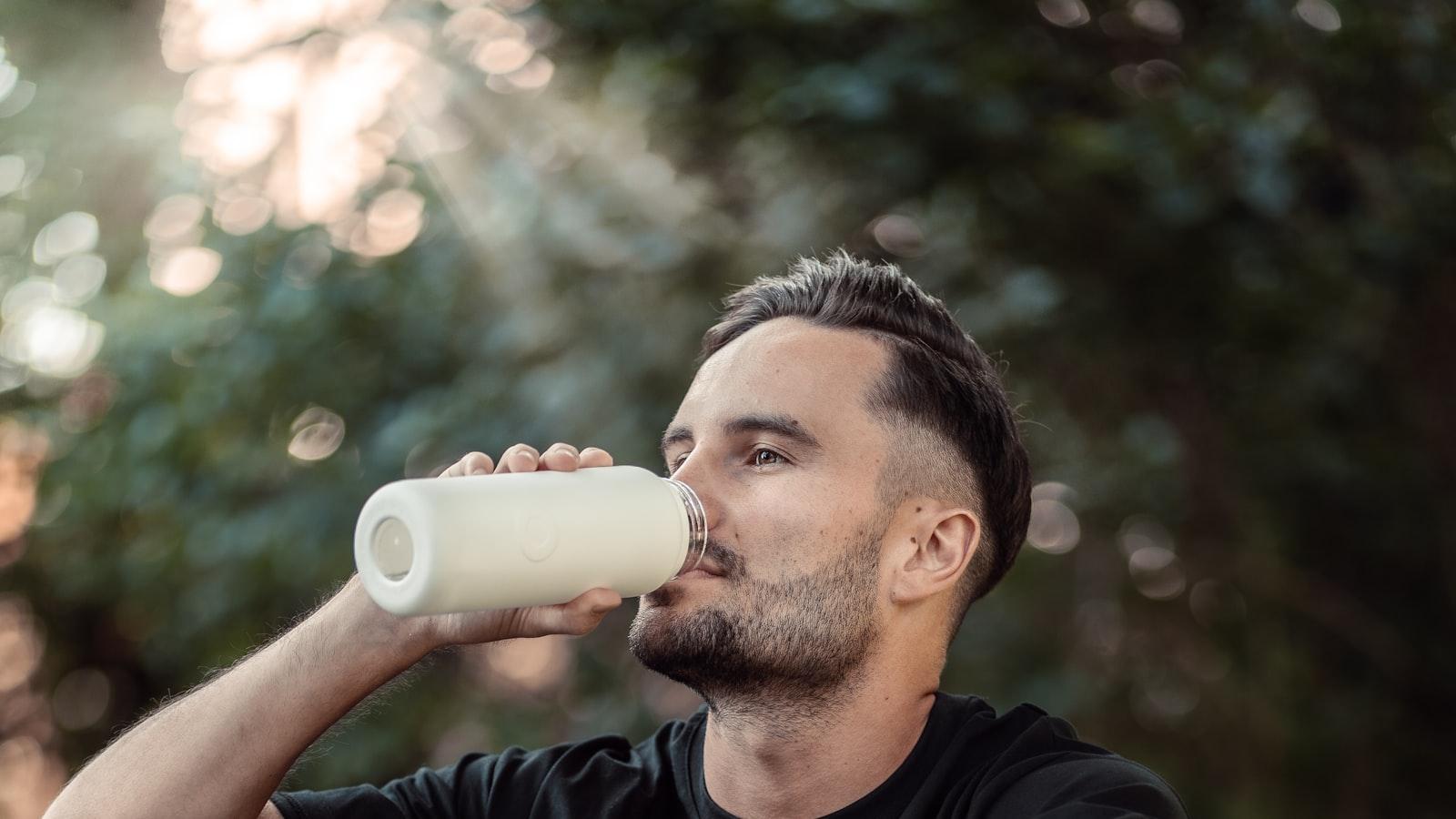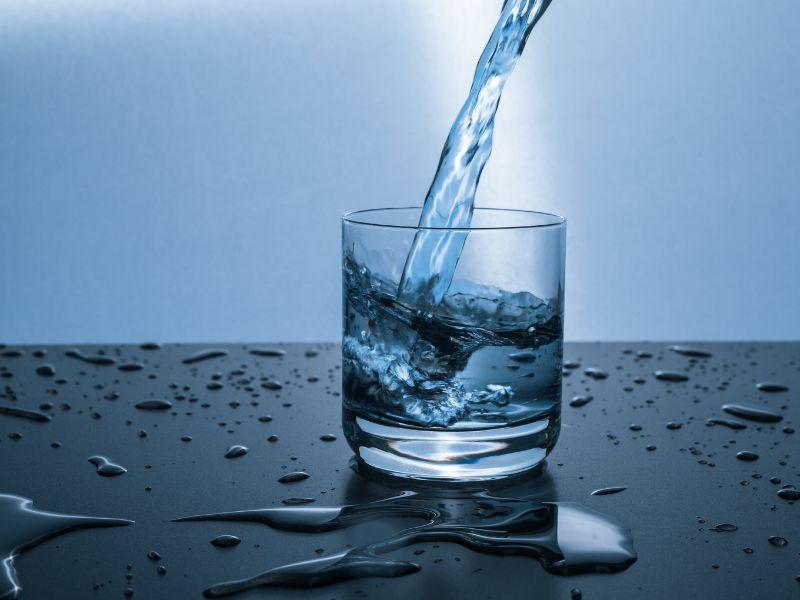Unlocking the immeasurable power of athletes lies in a world beyond physical prowess alone. It is an intricate dance between body, mind, and spirit that propels these remarkable individuals towards greatness. Yet, amidst the ceaseless pursuit of athletic excellence, a humble yet crucial element often goes unnoticed – hydration. Beyond the mere act of quenching a thirst, hydration weaves its watery threads throughout an athlete’s performance, influencing stamina, focus, and the very essence of their triumphs. As we embark on an enlightening journey through the labyrinth of athletic hydration, let us unravel the secrets concealed in every droplet of H2O, paving the way for tailored strategies to sculpt peak performance. Join us, as we explore the mesmerizing realm where hydration meets athletic greatness.
Optimal Hydration: A Cornerstone for Athletic Excellence
Staying properly hydrated is crucial for athletes striving for optimal performance. To maximize their potential, athletes need to develop tailored hydration strategies that suit their unique physiological needs and exercise demands. When it comes to hydration, there is no one-size-fits-all approach, and understanding individual requirements is the cornerstone of athletic excellence.
One essential component of an athlete’s hydration strategy is monitoring fluid intake. The amount and timing of fluid consumption can significantly impact athletic performance. Athletes should strive to maintain consistent hydration levels throughout the day, not just during training or competition. By drinking fluids regularly and before thirst sets in, athletes can ensure their bodies are adequately fueled with the right amount of water to support optimal functioning. Additionally, incorporating electrolytes into hydration plans can help maintain the body’s fluid balance and promote sustained performance.

Unveiling the Science Behind Hydration
Staying properly hydrated is essential for athletes to achieve peak performance. While many athletes understand the importance of hydration, they may not be aware of the science behind it. can provide athletes with tailored strategies to optimize their performance and keep their bodies functioning at their best.
One crucial scientific aspect of hydration is understanding the body’s fluid needs during different types of exercise. For endurance athletes, such as marathon runners or cyclists, maintaining hydration is especially vital due to the longer duration of their activities. It is recommended for endurance athletes to consume fluids every 15-20 minutes during their workouts, as well as consuming fluids that contain electrolytes to replenish what is lost through sweat and proper fuel for the muscles. Additionally, athletes in high-intensity sports, such as soccer or basketball, should pay attention to their fluid consumption during breaks to prevent dehydration.
| Fluid Replacement Recommendations for Athletes | Before Exercise | During Exercise | After Exercise |
|---|---|---|---|
| Water | 17-20 fl oz | 6-12 fl oz every 10-15 min | 16-24 fl oz for every pound lost |
| Sports Drink | 8-10 fl oz | 6-12 fl oz every 10-15 min | 16-24 fl oz for every pound lost |
Besides replenishing fluids, athletes should also pay attention to their individual hydration needs. Factors such as body weight, sweat rate, and environmental conditions can affect the amount of fluid an athlete needs to consume. Monitoring hydration status through urine color and body weight can provide valuable insights into an athlete’s hydration level and help determine if they need to adjust their fluid intake. By understanding the scientific principles behind hydration and tailoring strategies to their individual needs, athletes can enhance their performance and achieve their full potential.

Tailored Hydration Strategies: Key Recommendations for Athletes
When it comes to optimizing performance, hydration plays a crucial role for athletes. Every athlete is unique, and their hydration needs can vary greatly. Here are some tailored hydration strategies to help athletes reach their peak performance:
- Know your sweat rate: Understanding how much you sweat during different activities is essential for developing a personalized hydration plan. Weigh yourself before and after a workout to calculate your sweat rate. For every pound lost, aim to consume 16-24 ounces of fluid to replenish your body’s water stores.
- Timing is everything: It’s not just about the amount of fluid you consume but also when you consume it. Begin hydrating well before your workout or event, and continue hydrating throughout. Aim to drink about 16-20 ounces of fluid 2-3 hours beforehand, and another 8-10 ounces 10-20 minutes before you start.
- Consider electrolytes: Sweat isn’t just water; it also contains essential electrolytes like sodium, potassium, and magnesium. To replace these electrolytes, opt for sports drinks or electrolyte-rich foods during and after long-duration training sessions or competitions.
Personalized hydration strategies can make a significant difference in an athlete’s performance. By understanding your unique needs and following these key recommendations, you can stay properly hydrated, prevent dehydration, and achieve your full potential on the field or track.

Maximizing Performance Potential: The Role of Hydration
Why Hydration is Key for Peak Athletic Performance
When it comes to maximizing performance potential, hydration plays a crucial role for athletes. Proper hydration not only helps maintain optimal physical and mental function but also enhances endurance, stamina, and overall athletic performance. Dehydration, on the other hand, can lead to decreased energy levels, muscle cramps, impaired cognitive function, and even heat-related illnesses. To ensure peak performance on and off the field, athletes must adopt tailored hydration strategies that address their unique needs.
One of the key aspects of designing a highly effective hydration plan is understanding the individual athlete’s sweat rate, which can vary significantly between individuals. By monitoring sweat loss during training sessions or competitions, athletes can estimate their fluid needs and develop personalized hydration protocols. Replacing fluid losses is essential to prevent dehydration and maintain optimal hydration levels. Consuming fluids that contain electrolytes, such as sodium and potassium, can also help replenish the vital minerals lost through sweat, promoting proper muscle function and reducing the risk of cramps.
- Fluid intake should begin before physical activity and continue throughout the training session or competition. It is important to ensure the body is adequately hydrated before starting any physical exertion.
- Water is typically sufficient for shorter exercises or low-intensity activities. However, for prolonged or intense workouts, sports drinks or electrolyte-rich beverages may be more beneficial due to their ability to replenish both fluids and essential minerals.
- It’s essential to note that the color of urine can serve as a simple indicator of hydration status. Pale yellow urine indicates adequate hydration, while dark-colored urine suggests potential dehydration.
Remember, each athlete’s hydration needs may differ, so it’s important to consult with a sports nutritionist or healthcare professional to develop an individualized hydration plan that optimizes performance and minimizes the risk of dehydration-related complications. By prioritizing hydration, athletes can unlock their full potential and excel both on and off the field.
In Conclusion
As we reach the end of our journey into the world of hydration for athletes, we are reminded of the intricate dance that occurs within our bodies. From the first droplet that graces our lips to the rhythmic flow coursing through our veins, water orchestrates the symphony of our physical endeavors.
Tailored strategies have proved to be the secret weapon for athletes aiming to reach their peak performance. While the realm of hydration may seem simple at first glance, it unfurls itself into a mesmerizing tapestry of personalized approaches. The key is to ascertain the unique needs of each athlete, to understand the melody their body seeks to compose.
Our exploration has taught us that the notion of ‘one size fits all’ has long been abandoned within the realm of athletics. Each individual, with their own ambitions and aspirations, requires a tailored hydration plan to navigate the twisting paths of their chosen discipline. From the marathon runner pounding the pavement to the gymnast defying gravity with graceful leaps, each athlete dances to their own hydrating tune.
We have delved deep into the intricate web of hydration, unveiling the vital role it plays in sustaining an athlete’s performance. From understanding the signs of dehydration to the nuances of replenishment, we have deciphered the language of our body’s most precious resource. We have embraced the science behind the thirst, and, in turn, empowered ourselves to step forth with knowledge and purpose.
So, dear readers, we bid you farewell as you take this newfound wisdom along your athletic journey. Armed with tailored strategies, may you conquer the heights of your aspirations and quench the thirst of your dreams. Remember, as you gulp the elixir of champions, that the power lies not only in the content of your bottle but in the depths of your understanding. Embark on your next endeavor with grace, humility, and a dash of curiosity to unveil the true potential that resides within. Cheers to a future paved with relentless thirst, unyielding performance, and the symphony of every drop that fuels your stride!
